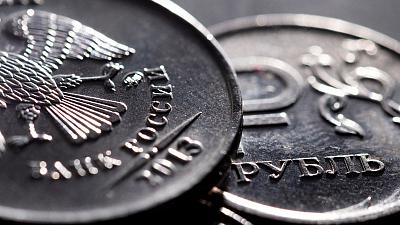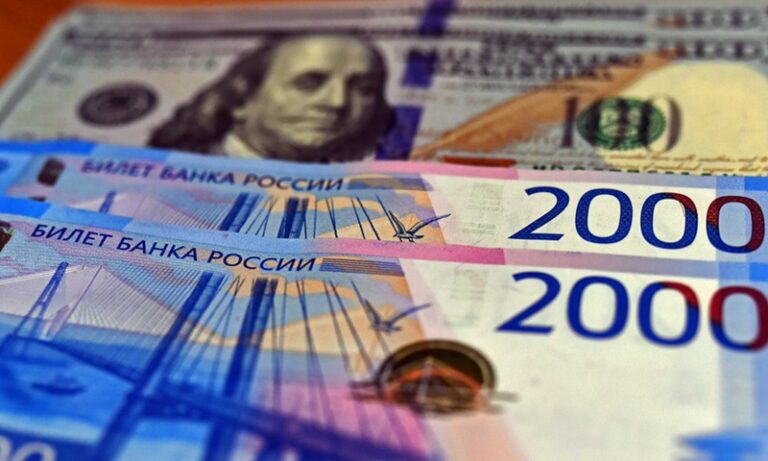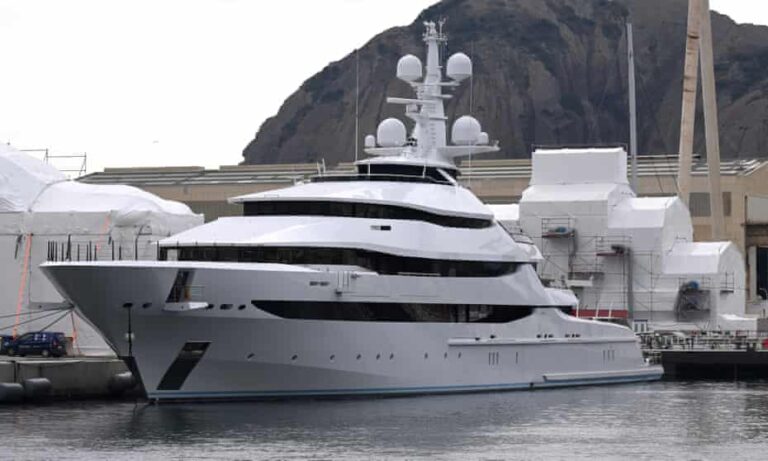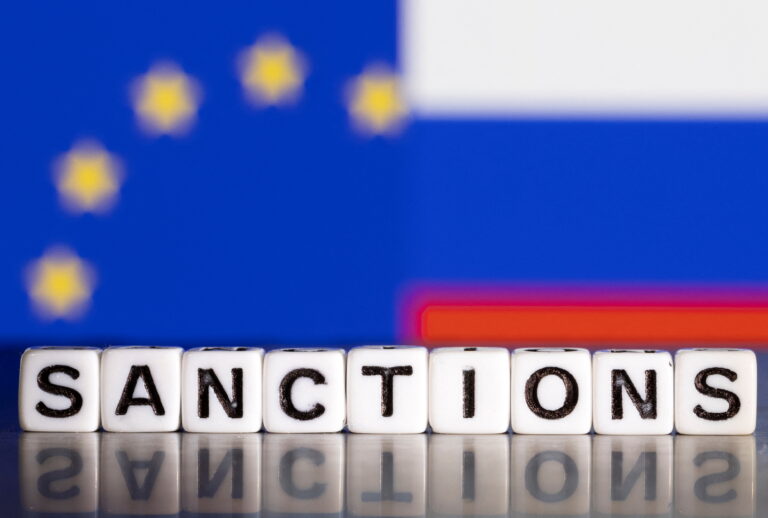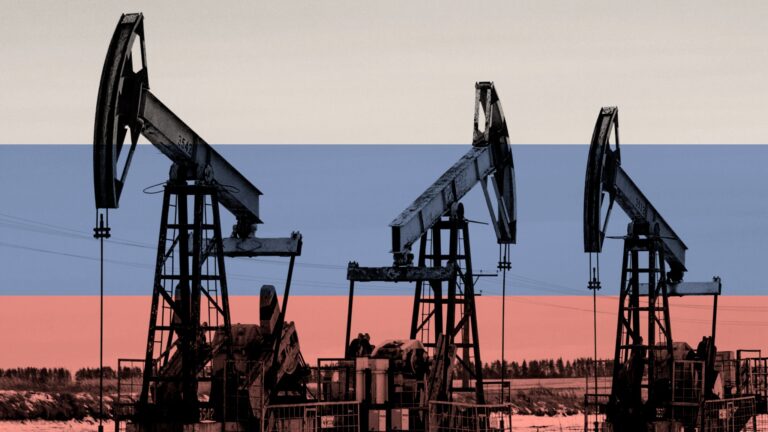
Do’s and don’ts: which economic policies will help and which will harm after-war reconstruction?
In this article we list popular yet erroneous approaches to economic policies, explain what is wrong with them and elaborate on which policies would really
